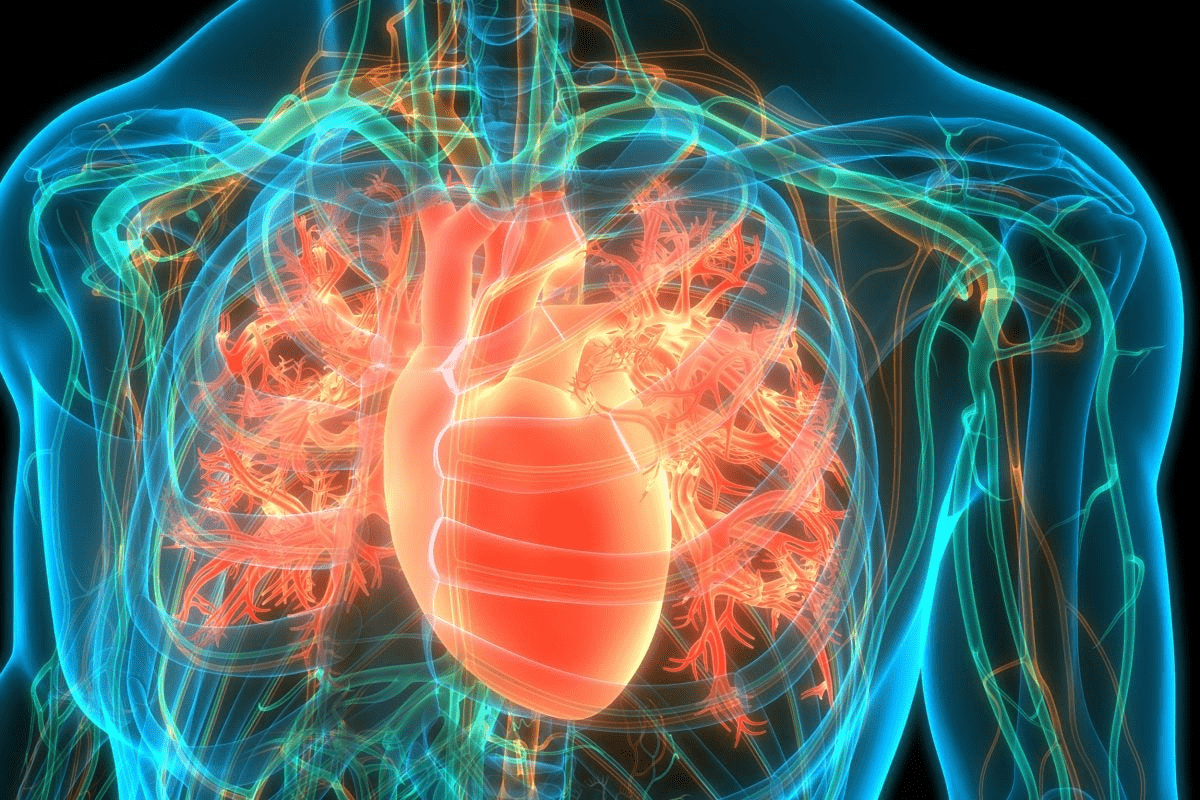
The body needs a variety of nutrients to operate normally and to stay alive. These foods provide the energy our bodies need to function properly. We get our energy from carbohydrates and fats in our diet. Carbohydrates are broken down into glucose, which our cells use as fuel. The best sources of carbohydrates are fruits, vegetables, grains, and whole grains. Protein comes from meat, eggs, dairy products, and seafood.
Eating the right kinds of fats is important for overall health. Omega-3 fatty acids have been shown to protect the body from oxidation. These fats are beneficial for the body, while omega-6 fatty acids may protect against heart disease. Saturated fats are bad for the body. Polyunsaturated fats are good for the heart, but they cause inflammation and free radicals. Artificial trans fat is strictly prohibited. Refined sugars can also affect your weight.
In addition to preventing malnutrition, a healthy diet can also reduce the risk of diabetes, heart disease, stroke, and cancer. The foods you eat will influence the health of your body, so you should try to incorporate more of these foods into your diet. Vitamin D is an important vitamin to maintain strong bones, so if you are deficient in this vitamin, you should increase your intake of fish. It will also help your body absorb calcium.
What Are Omega 3 Fatty Acids?
Omega3 fatty acids (also known as n3 fatty acids, n3 oils, or omega-3s) are polyunsaturated lipids. The presence of a double bond, located three atoms away from the methyl group at the terminal end, marks them as a good source for your body. You can find them in a variety of foods, including fish, nuts, and seeds.1
These fatty acids are found in the cell membranes of many species of animals, including fish. They are essential for proper heart health and are converted by the body into EPA and DHA. These fats are essential for the development and maintenance of brain cells and can be obtained from foods and supplements. They help the brain process messages between cells, improve cognitive function, and promote cell growth.2 They may also help prevent cardiovascular disease, stroke, rheumatoid arthritis, and lupus, and may even have protective effects in cancer.
EPA is the most common omega-3 fatty acid. DHA is the most beneficial of these three fatty acids. EPA is the most important one. The other two are less essential, but all three are beneficial. They provide a range of benefits to the body. If you aren’t eating enough fish, you can also take a supplement of high-quality fish oil. You may want to eat more EPA if you’re lacking it in your diet.3
ALA is the most common source of omega-3 fatty acids in your diet. Despite its high concentration, ALA also reduces the risk of cardiovascular disease. It is available in various forms in fish, walnuts, and chia seeds. It is also found in some fish oils. These types of food can be beneficial to your overall health. They can help lower your cholesterol levels and protect your heart. This type of fatty acid is a great source of energy.
What Are the Benefits of Omega 3 Fatty Acids?
The American Heart Association recommends a diet high in omega-3 fatty acids, such as ALA, from foods like fish. The best way to get your daily dose of these essential fatty acids is to eat a large portion of fish, which contains high amounts of omega-3s. You should also try to limit your intake of fried fish, which cancels out the benefits of omega-3 dietary supplements.4 But if you’re looking for vegetarian sources, you can try spinach and Brussels sprouts. You can also eat flaxseeds and walnuts, which are high in ALA.
In addition to their important role in the cell walls, omega-3 fatty acids also play a critical role as an energy source for the body. These fatty acids are found in many foods, including a variety of fish and plant sources. DHA is especially high in the retina, brain, and sperm cells, so it’s not surprising that they provide big health benefits.
Omega-3 fatty acids have several other benefits. In addition to reducing the risk of heart disease, they help to prevent dementia and other diseases associated with metabolic syndrome. These fats have been linked to improved brain function and reduced risk of depression. They may even reduce the symptoms of arthritis. And since they’re essential for the body, they can only be obtained through diet. Some of the best sources of omega-3 fatty acids include flaxseeds, fish, walnuts, tofu, canola oil, and navy beans. A sufficient amount of omega-3 fatty acids is recommended for humans.5
Another benefit of omega-3 fatty acids is their ability to prevent heart disease. People who consume the highest levels of omega-3 fatty acids are at less risk of developing heart disease. This is due to the fact that omega-3s decrease inflammation, which can lead to increased risk of cardiovascular disease. These fatty acids can also reduce the risk of abnormal heart rhythms. In addition, they may help prevent bleeding.
In addition, omega-3 fatty acids have been shown to help the brain and the eye. Studies have shown that adequate omega-3 intake can help protect the retina from macular degeneration. However, the effects of omega-3s on the brain are more complex. Similarly, these fatty acids help in the treatment of psychiatric disorders. They can lower the risk of inflammatory diseases. If you want to improve the condition of your eyesight, you should take the right supplements containing DHA and EPA.6
Among the other benefits of omega-3 fatty acids, you should avoid trans fats. These fats are high in saturated fats and may have detrimental effects on your health. These fatty acids will cause your blood pressure to rise and prevent you from sleeping properly. This means that consuming healthy foods high in omega 3 fatty acids is the best way to prevent heart disease. It will also make your skin look and feel younger.
Are Omega 3 Fatty Acids in Protein Bars Healthy?
Unlike other supplements, protein bars have the potential to be healthy. This is because they contain essential fatty acids like omega 3, which can help lower the buildup of plaque in the arteries and protect heart health. They can also prevent certain types of cancer. However, the level of these fatty acids in protein bars varies. Some contain a high amount of added sugar, which can increase the risk of obesity and fatty liver disease.
The main reason that a protein bar contains Omega 3 is that it is loaded with it. The omega 3 fatty acids are vital for the proper functioning of the brain and the nervous system. They are also important for maintaining cholesterol levels in the blood. They are necessary for brain development and are necessary for healthy heart function. Although most people get their ALA intake from fish, you can also get them from other sources, including granola and protein bars.
A good protein bar should contain high-quality whey protein, a source of omega 3 fatty acids. The bar should also be made with grass-fed whey. It should contain little sugar, and should not be packed with carbs. Furthermore, it should also be high in fiber. In addition to protein, a bar should also contain fiber. If you are looking for a protein bar, you should check the ingredients list.
The Dangers of Omega 3 Fatty Acids in Protein Bars
The dangers of omega-3 fatty acids in protein bars? Fortunately, this type of nutrient is relatively uncommon in food products. Although it has health benefits, it can also be harmful if consumed in excess. It can lower the immune system’s function, increase the risk of certain cancers, and cause low blood pressure. It can also thin the blood and increase the risk of bruising.7
Some research indicates that omega-3 fatty acids can cause bleeding or other health problems. Studies show that consuming too much of these fatty acids may cause a range of adverse effects, including lowered immunity, increased risk of heart disease, and impaired vision. However, some studies suggest that these dietary supplements are safe when eaten in small amounts. As with any nutritional supplement, it’s best to choose natural sources if possible, such as fish and nuts.
Omega-3 fatty acids can cause a variety of side effects. They can cause diarrhea, bloating, and stomach discomfort. Some people may even experience belching, gas, or acid reflux. In addition to these, some people can experience heartburn and diarrhea after eating them in large quantities. The FDA has stated that the levels of these fatty acids in protein bars are safe for human consumption.
The most obvious danger of omega-3 fatty acids in protein bars is the presence of excessive amounts of ALA in them. Those who consume large amounts of fish tend to have lower blood pressure and are more likely to develop heart disease. Those with high cholesterol should take fish oil supplements to reduce their triglyceride levels. Besides being unhealthy, omega-3 fatty acids can have other benefits, such as reducing the risk of stroke.8
Studies have shown that omega-3 fatty acids may help fight inflammation in the body. They may be particularly useful in combating the effects of inflammation. Furthermore, omega-3 fatty acids can contribute to weight loss, so it’s a good idea to include omega-3 enriched foods in your diet. The best way to get these essential fatty acids is from whole foods. They are naturally found in the human body and are not found in other food items.
Image Credits
Times Now / Google Stock Images
The Active Times / Google Stock Images
Lab Manager / Google Stock Images
Harvard University / Google Stock Images
1 “Omega-3 Fatty Acids Facts – WebMD.” 14 Jun. 2021, https://www.webmd.com/healthy-aging/omega-3-fatty-acids-fact-sheet Accessed 9 Dec. 2021.
2 “Omega-3 Fatty Acids: Foods & Benefits – Cleveland Clinic.” 2 Jan. 2019, https://my.clevelandclinic.org/health/articles/17290-omega-3-fatty-acids Accessed 9 Dec. 2021.
3 “Omega-3 Fatty Acids – Consumer.” 4 Aug. 2021, https://ods.od.nih.gov/factsheets/Omega3FattyAcids-Consumer/ Accessed 9 Dec. 2021.
4 “Essential fatty acids as functional components of foods- a review.” https://www.ncbi.nlm.nih.gov/pmc/articles/PMC4190204/ Accessed 9 Dec. 2021.
5 “17 Science-Based Benefits of Omega-3 Fatty Acids – Healthline.” 15 Oct. 2018, https://www.healthline.com/nutrition/17-health-benefits-of-omega-3 Accessed 9 Dec. 2021.
6 “Omega-3 Fish Oil Supplements: Benefits, Side Effects, and Uses.” https://www.webmd.com/hypertension-high-blood-pressure/guide/omega-3-fish-oil-supplements-for-high-blood-pressure Accessed 9 Dec. 2021.
7 “8 Little-Known Side Effects of Too Much Fish Oil – Healthline.” 17 Jul. 2018, https://www.healthline.com/nutrition/fish-oil-side-effects Accessed 9 Dec. 2021.
8 “Omega-3 Supplements: In Depth | NCCIH.” https://www.nccih.nih.gov/health/omega3-supplements-in-depth Accessed 9 Dec. 2021.




